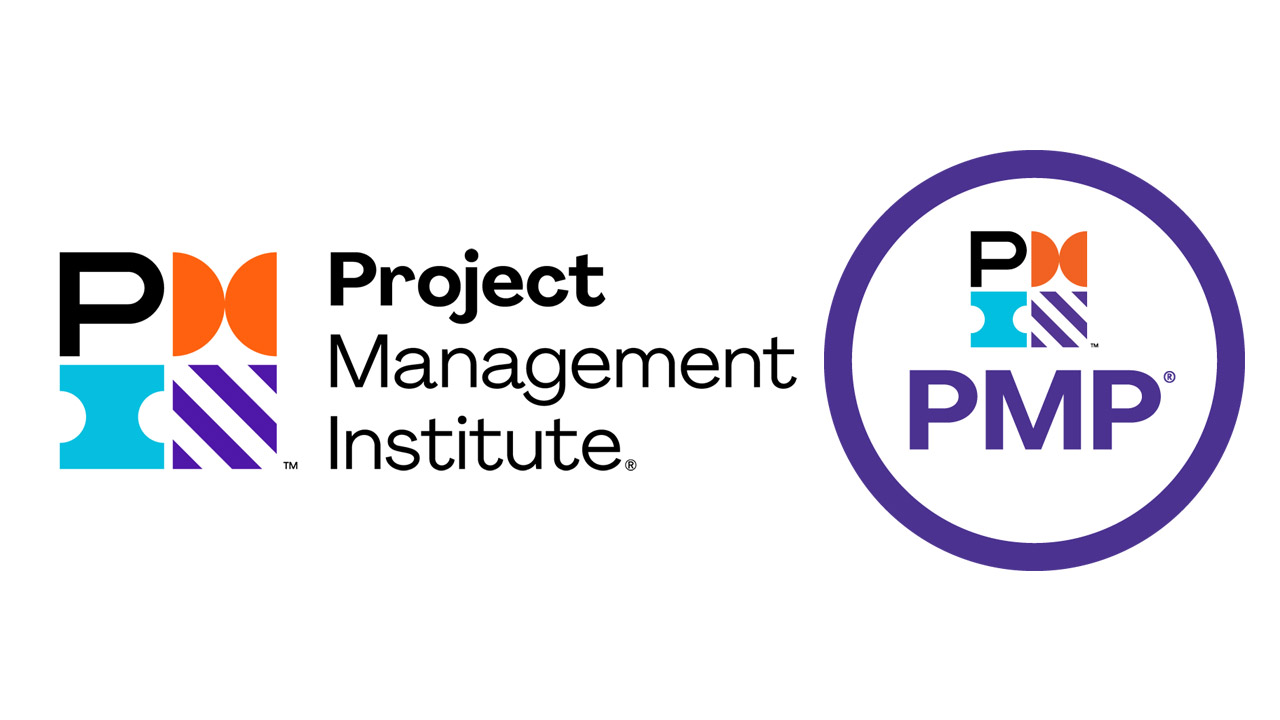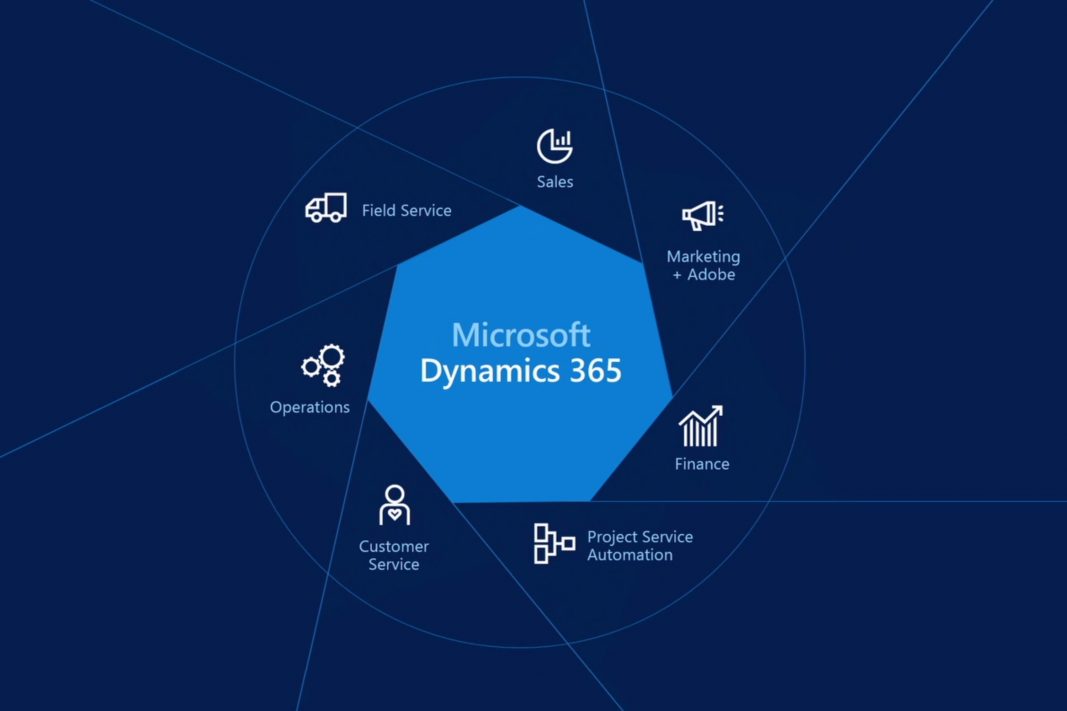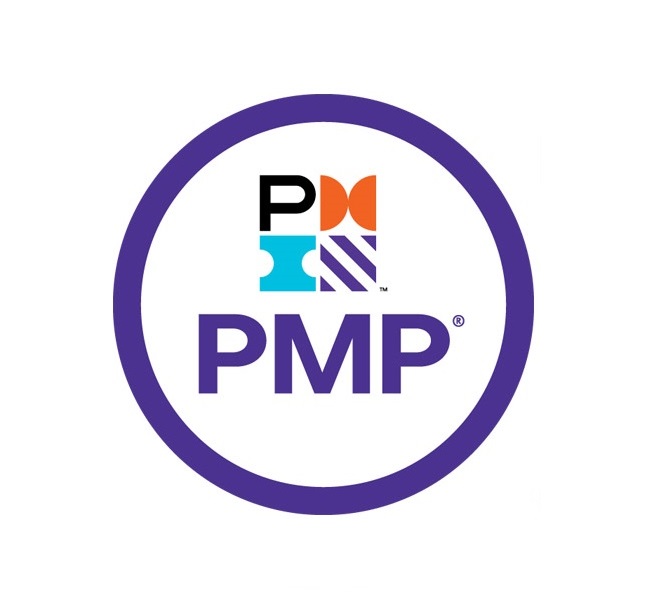
Unlocking Your Potential: The Ultimate Guide to PMI PMP Certification
In the dynamic world of project management, standing out from the crowd is more important than ever. As organizations increasingly rely on skilled project managers to drive their initiatives to success, having the right credentials can significantly boost your career prospects and contribute to your organization’s success. One certification that stands out as a global benchmark for project management professionals is the Project Management Professional (PMP) certification offered by the Project Management Institute (PMI). This blog post will delve into what the PMP certification is, its strengths, why you should consider obtaining it, and the benefits for both individuals and organizations.
What is the PMP Certification?
The Project Management Professional (PMP) certification is a globally recognized credential that demonstrates a project manager’s ability to lead and direct projects. Established by the Project Management Institute (PMI), the PMP certification is based on PMI’s Project Management Body of Knowledge (PMBOK), which outlines best practices, methodologies, and guidelines in project management.
The certification process involves passing a rigorous exam that tests your knowledge of five key project management process groups: Initiating, Planning, Executing, Monitoring and Controlling, and Closing. Additionally, the exam covers ten knowledge areas, including Integration, Scope, Time, Cost, Quality, Resource, Communication, Risk, Procurement, and Stakeholder Management.
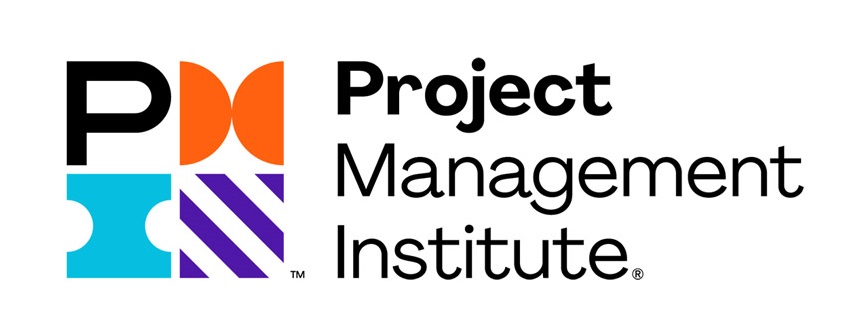
Strengths of the PMP Certification
- Global Recognition:
The PMP certification is recognized worldwide, making it a valuable asset for professionals seeking to work in different countries or with international teams. It demonstrates a high level of competence and expertise in project management, which can open doors to opportunities across various industries.
- Comprehensive Knowledge:
The PMP certification covers a wide range of project management concepts, tools, and techniques. This comprehensive approach ensures that certified professionals have a robust understanding of all aspects of project management, from initiating a project to closing it successfully.
- Career Advancement:
Holding a PMP certification can significantly enhance your career prospects. According to PMI’s Salary Survey, PMP-certified professionals earn, on average, 20% more than their non-certified counterparts. The certification signals to employers that you possess the skills and knowledge required to manage complex projects effectively.
- Network Opportunities:
Becoming PMP-certified grants you access to PMI’s extensive global network of project management professionals. This network provides opportunities for mentorship, professional development, and collaboration with peers who share your commitment to excellence in project management.
- Standardization of Skills:
The PMP certification provides a standardized framework for project management, ensuring that certified professionals follow best practices and methodologies. This standardization helps organizations achieve consistent project outcomes and improve overall efficiency.
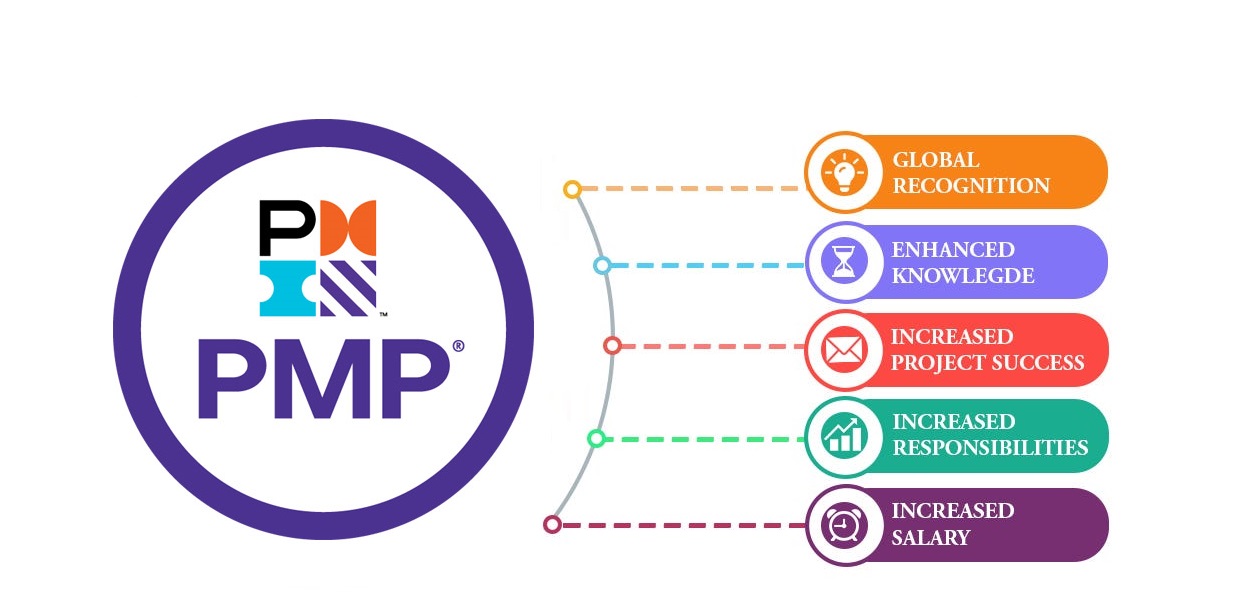
Why Should You Pursue PMP Certification?
For Individuals:
- Validate Your Skills:
The PMP certification validates your project management skills and knowledge, providing tangible proof of your ability to lead and manage projects. This validation can enhance your credibility with employers, clients, and colleagues.
- Increase Your Earning Potential:
PMP-certified professionals tend to earn higher salaries compared to their non-certified peers. The certification can also lead to promotions and more lucrative job opportunities.
- Enhance Your Marketability:
In today’s competitive job market, having a PMP certification can make you stand out to potential employers. It demonstrates your commitment to professional development and your dedication to staying current with industry best practices.
- Improve Project Outcomes:
The knowledge and skills gained through the PMP certification process can help you manage projects more effectively, leading to better outcomes. This can result in increased satisfaction for stakeholders and clients, as well as a stronger track record of successful project completions.
- Gain a Competitive Edge:
The PMP certification is highly regarded by employers, making it a valuable differentiator in the job market. It sets you apart from other candidates and shows that you have the expertise needed to tackle complex project challenges.
- Access to Continuous Learning:
PMI requires PMP-certified professionals to earn Professional Development Units (PDUs) to maintain their certification. This requirement encourages continuous learning and professional growth, ensuring that you stay up-to-date with the latest trends and advancements in project management.
For Organizations:
- Improved Project Success Rates:
PMP-certified professionals bring standardized project management practices to their organizations, increasing the likelihood of project success. This can lead to improved project outcomes, higher customer satisfaction, and a better bottom line.
- Enhanced Team Performance:
Organizations with PMP-certified project managers benefit from enhanced team performance. Certified professionals can mentor and guide their teams, leading to more effective project execution and higher productivity.
- Competitive Advantage:
Having PMP-certified professionals on staff gives organizations a competitive edge in the marketplace. It signals to clients and stakeholders that the organization values high standards and is committed to delivering quality projects.
- Consistency and Efficiency:
The standardized practices promoted by the PMP certification help organizations achieve consistency and efficiency in their project management processes. This can lead to reduced project costs, shorter delivery times, and higher-quality outcomes.
- Global Reach:
For organizations operating on an international scale, having PMP-certified professionals ensures that project management practices are consistent across different regions. This can facilitate better coordination and collaboration on global projects.
The PMP Exam: Curriculum and Preparation
The PMP exam is known for its rigor and comprehensiveness. It is essential to thoroughly prepare for the exam to ensure success. Here is a breakdown of the exam curriculum and recommended preparation steps:
Exam Curriculum:
Initiating the Project (13%): Defining project goals, securing authorization, and identifying stakeholders.
Planning the Project (24%): Developing detailed project plans covering scope, schedule, cost, quality, resources, communication, risk, procurement, and stakeholder management.
Executing the Project (31%): Directing and managing project work, ensuring quality assurance, and acquiring, developing, and managing project teams.
Monitoring and Controlling the Project (25%): Tracking, reviewing, and regulating project progress and performance, identifying changes required, and managing project changes.
Closing the Project (7%): Finalizing all project activities, obtaining formal acceptance, and closing out the project or phase.
Preparation Steps:
Enroll in a PMP Certification Course:
Enrolling in a reputable PMP certification course is highly recommended. These courses provide structured learning, expert instruction, and access to valuable study materials. They can significantly increase your chances of passing the exam on your first attempt.
Alternatively, you can:
Study the PMBOK Guide:
The PMBOK Guide is the primary reference for the PMP exam. Thoroughly studying this guide is essential to understanding the key concepts and processes in project management.
Use PMP Prep Books:
In addition to the PMBOK Guide, several PMP prep books are available that offer practice questions, exam tips, and additional study resources. These books can help reinforce your knowledge and provide valuable exam practice.
- Take Practice Exams:
Practice exams are a crucial part of PMP exam preparation. They help you become familiar with the exam format, identify areas where you need improvement, and build your confidence.
Join Study Groups:
Joining a PMP study group can provide additional support and motivation. You can share resources, discuss challenging topics, and learn from others’ experiences.
Allocate Sufficient Study Time:
Preparing for the PMP exam requires a significant time commitment. Create a study plan that allows you to cover all the necessary material and stick to it.
The Advantages of Being Fully Immersed and Trained
Once you have obtained your PMP certification, the advantages extend beyond just having a new credential. Fully immersing yourself in the PMP training and certification process can have profound benefits for both you and your organization.
For Individuals:
- Enhanced Skills:
The PMP certification process equips you with advanced project management skills, enabling you to handle complex projects with confidence and expertise.
- Increased Confidence:
With the comprehensive knowledge and skills gained through PMP training, you will feel more confident in your ability to lead and manage projects effectively.
- Professional Growth:
PMP certification opens doors to higher-level positions and more challenging projects, fostering continuous professional growth and development.
For Organizations:
- Higher Project Success Rates:
Organizations with PMP-certified professionals can expect higher project success rates due to the application of standardized best practices and methodologies.
- Improved Risk Management:
PMP-certified project managers are well-versed in risk management techniques, helping organizations identify and mitigate risks more effectively.
- Enhanced Stakeholder Satisfaction:
By delivering projects on time, within budget, and to the desired quality standards, PMP-certified professionals can enhance stakeholder satisfaction and build stronger client relationships.
Conclusion
The PMI PMP certification is a powerful tool for advancing your career in project management and driving organizational success. It provides global recognition, comprehensive knowledge, and a competitive edge in the job market. By validating your skills and enhancing your marketability, the PMP certification can lead to increased earning potential, career advancement, and improved project outcomes.
Investing in a PMP certification course is a wise decision for both individuals and organizations. It ensures thorough preparation for the exam, provides access to expert instruction and study materials, and significantly increases the chances of passing the exam on the first attempt. Once certified, you and your organization will reap the benefits of enhanced project management skills, improved project success rates, and greater stakeholder satisfaction.
Start your journey to becoming a PMP-certified professional today and unlock the doors to a world of opportunities in project management.
Happy Learning!
